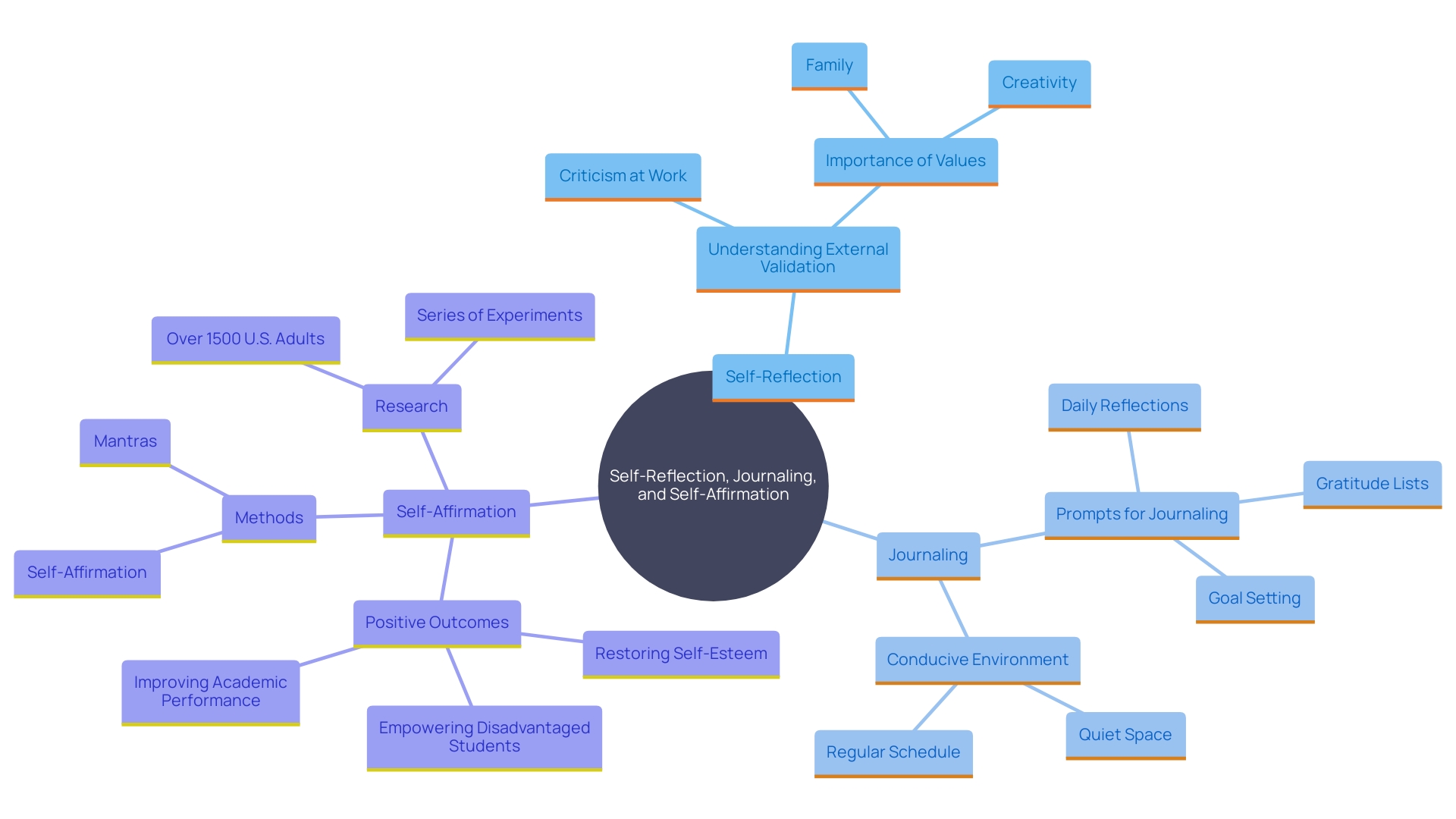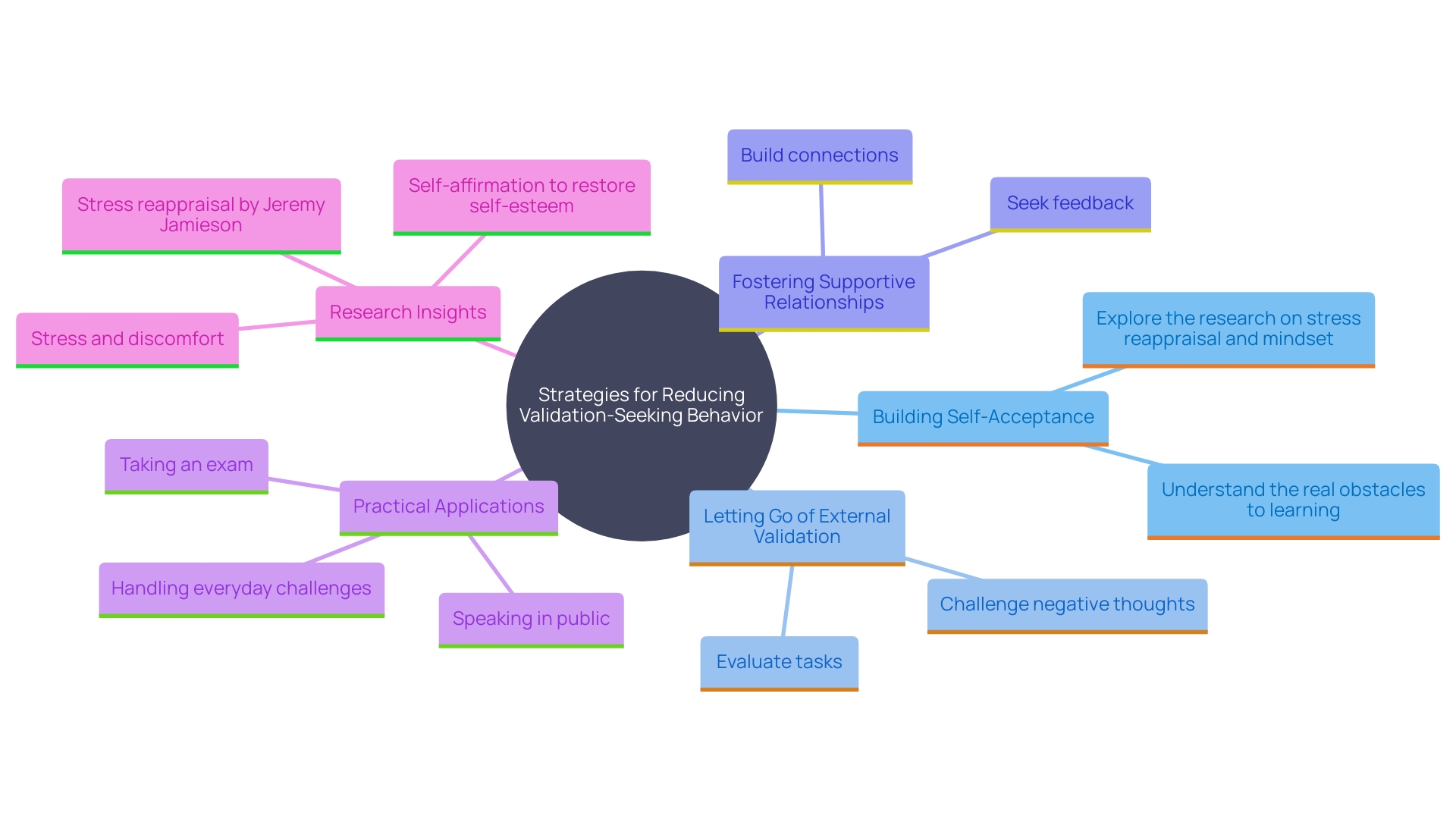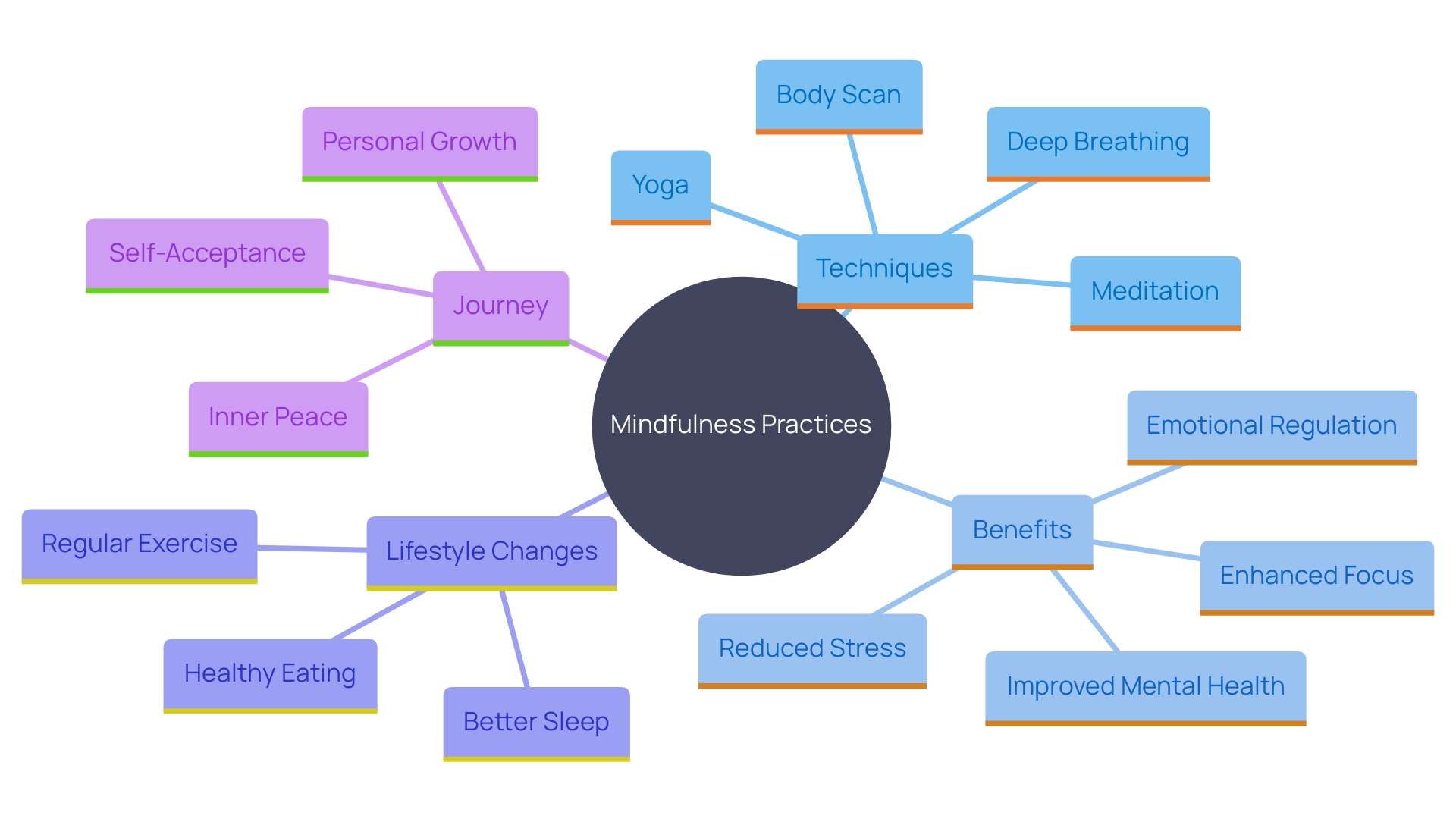PLEASE NOTE:
While the following article relates to your Google search, the services and methods at Goodwin Hypnosis may differ from those mentioned below. Since 2007, we have helped thousands of clients to overcome emotional and behavioral challenges when all else had failed. According to many of them (and their referring healthcare providers), our methods are faster than talk therapy, easier than willpower, and safer than medication. If you’re ready to resolve your issues, skip the article and visit the rest of our website, where you can learn about our unique approach, watch client testimonial videos, and discover how working with us one-on-one could be the solution you’ve been searching for.
Introduction
The relentless pursuit of approval often starts early in life, where gaining affection and acceptance is closely tied to pleasing others. This behavior can persist into adulthood, creating a continuous cycle of seeking validation from friends, family, and colleagues. Understanding this cycle is crucial, as Erikson's stages of identity development suggest that our psychological growth is deeply intertwined with social interactions.
Recognizing these patterns is the first step toward breaking free from the need for external validation.
During adolescence, the need for approval is particularly intense, influenced by significant brain changes that drive behavior. This period is marked by a heightened tendency for risk-taking and seeking rewarding experiences, behaviors rooted in complex developmental stages rather than mere teenage angst. Feeling seen and recognized by others in relationships is essential for satisfaction, often leading to self-focused behaviors aimed at achieving validation.
Research and case studies demonstrate the importance of open communication and self-compassion in overcoming approval-seeking behaviors. Encouraging open dialogue within families and fostering a supportive environment can challenge biased thinking and reduce reliance on external validation. Self-compassion, particularly in romantic relationships, enhances happiness and satisfaction, highlighting its role in improving overall well-being.
By understanding these dynamics and recognizing approval-seeking patterns, individuals can take empowered steps towards developing healthier, more fulfilling relationships.
Understanding the Cycle of Approval Seeking
Approval seeking often originates in childhood, where we learn to gain affection and acceptance by pleasing others. This behavior can persist into adulthood, appearing as a constant requirement for approval from friends, family, and colleagues. This cycle is deeply ingrained, as evidenced by Erikson's stages of identity development, which highlight the close connection between psychological development and social interactions. Recognizing this cycle is the first step toward breaking free. According to Erikson (1994), understanding these behaviors and their reinforcement over time can empower you to change them.
During teenage years, the longing for acceptance and approval is especially strong. This period is marked by significant brain changes that influence behavior. Adolescents are more likely to engage in risk-taking and seek rewarding experiences, even if dangerous. This heightened impulsivity and reward-seeking are linked to different brain systems and psychological processes. These behaviors are not merely teenage angst but are rooted in complex developmental stages.
Moreover, the importance of feeling seen and recognized by others in relationships cannot be understated. Research published in the Journal of Experimental Social Psychology found that feeling known by others is more crucial to relationship satisfaction than knowing the other person. This desire for recognition can sometimes lead to self-focused behaviors, as people strive to feel understood and validated by those around them.
Case studies, such as the Giessen Chair of Psychosomatics project, have shown that involving individuals in open communication and social processes can significantly improve their sense of self-efficacy and community involvement. Encouraging open communication within the family, where all members feel comfortable expressing their thoughts and feelings, can help challenge and correct biased thinking. This method promotes a nurturing atmosphere that encourages personal development and decreases the dependence on outside approval.
Furthermore, self-compassion is crucial in overcoming the desire for outside approval. A study by Martin Luther University Halle-Wittenberg found that self-compassion in romantic relationships enhances happiness and satisfaction for both partners. Training in self-compassion can be a valuable tool in therapy to improve relationship health and personal well-being.
Grasping these dynamics and identifying the patterns of seeking validation can enable you to escape the cycle and cultivate healthier, more satisfying relationships.
Identifying Your Approval-Seeking Patterns
Reflecting on your interactions and relationships is a vital step in understanding your desire for external validation. Pay attention to moments when you prioritize others’ opinions over your own feelings. Journaling can serve as a powerful tool to identify these instances. Think about posing questions to yourself such as: "When do I feel the desire for approval?" or 'What situations activate my desire to please others?' This self-awareness is essential for making conscious changes.
Creating a conducive environment for journaling is equally important. Think about the best setting for you to reflect without interruptions. Whether it's a quiet space at home or a peaceful spot outside, the right atmosphere can significantly enhance your journaling experience. If you live with others, you might have to create a 'silent space' where you won't be disturbed.
Journaling not only helps in recognizing patterns but also in actively engaging with your emotions. For example, maintaining a gratitude journal can be a positive exercise that forces you to think about and elaborate on positive experiences. This practice can slowly change your attention from looking for outside approval to valuing your own significance.
Studies have shown that engaging in self-affirmation activities can improve well-being and mental health. In a study involving over 2,200 Chinese adolescents, self-affirmation interventions significantly boosted life satisfaction and self-esteem, even during the challenging times of the COVID-19 pandemic. This highlights the potential of journaling and self-affirmation in promoting a healthier self-view and decreasing the need for outside validation.
Moreover, research indicates that heavy passive social media use is associated with a weaker sense of social connection and higher stress levels. By actively participating in journaling and self-reflection instead, you can establish a more significant bond with your inner self, resulting in a stronger sense of well-being and diminished dependence on outside validation.

Practical Steps to Break Free
To begin your journey away from validation seeking, start by implementing small, actionable steps. Consider the following:
-
Build a Sound Sense of Self-Acceptance: Engage in self-affirmation practices. Remind yourself of your worth, independent of external opinions. Research has shown that self-affirmation can play a significant role in restoring self-esteem, particularly in response to threats or negative experiences. For instance, thinking about a personal value that is important to you can be a powerful way to regain self-esteem after criticism.
-
Let Go of Seeking Validation from Others: Practice making choices based on your values rather than seeking endorsement. This approach can help you concentrate on your own needs and desires, rather than relying on others for approval. A study involving 209 couples found that self-compassion can be trained and can significantly improve relationship satisfaction, highlighting the importance of self-acceptance in personal growth.
-
Evaluate Tasks Based on Validation-Seeking Efforts: Assess whether your efforts in a task are driven by a desire for recognition. If so, reframe your approach to ensure that your actions align with your personal goals and values. This shift can help you break free from the cycle of seeking external validation.
-
Challenge Your Thoughts and Embrace Self-Validation: When negative thoughts arise about your need for acceptance, challenge them. Replace them with affirmations of your self-worth. This practice can help you accept yourself and your emotions, providing comfort and soothing in difficult times. It also encourages bravery, enabling you to speak up, draw boundaries, and protect yourself.
-
Seek Supportive Company and Healthy Relationships: Surround yourself with people who appreciate you for who you are, not for what you do for them. Positive influences and mentors can encourage growth and provide constructive feedback. Studies have shown that self-compassionate individuals tend to have happier relationships, as they are more forgiving of their own shortcomings and those of their partners. This supportive environment can be crucial in your journey toward self-acceptance and away from approval seeking.

Transforming Your Default: Resetting Your Internal System for Success
Changing ingrained habits requires patience and dedication. Mindfulness practices, such as meditation and deep breathing exercises, can be powerful tools in this journey. Engaging in these practices helps cultivate inner peace and self-acceptance, making it easier to recognize your inherent value without seeking external validation. For example, psychologist Masha Remskar's study at the University of Bath revealed that mindfulness could lead to significant improvements in mental health and lifestyle behaviors, including regular exercise and better sleep. Participants in the study reported gaining a clearer understanding of their minds and viewing the world through a new, more insightful lens. As you embark on this path, remind yourself that every step toward self-acceptance is a victory, and even brief daily mindfulness practices can offer substantial benefits. Remember, mindfulness is not just a practice but a supportive strategy that can be integrated into various aspects of your life, enhancing overall well-being and promoting healthier living.

Conclusion
Recognizing the cycle of approval-seeking behaviors is an essential first step toward personal growth and healthier relationships. Understanding how these patterns develop from childhood and are reinforced through social interactions can empower individuals to break free from the need for external validation. Engaging in self-reflection and journaling can illuminate moments when the desire for approval overshadows personal feelings, fostering greater self-awareness and self-acceptance.
Implementing practical steps such as self-affirmation, challenging negative thoughts, and surrounding oneself with supportive individuals can significantly contribute to overcoming approval-seeking tendencies. By prioritizing personal values and making decisions based on internal beliefs rather than external opinions, individuals can cultivate a more authentic and fulfilling sense of self. Embracing self-compassion and mindfulness practices further enhances this journey, allowing for deeper connections with oneself and others.
Ultimately, the path to breaking free from the cycle of seeking approval is marked by patience and dedication. Each small step taken toward self-acceptance and self-validation is a victory, leading to improved mental health and richer interpersonal relationships. Embracing this journey not only nurtures individual well-being but also fosters a more compassionate and understanding environment for everyone involved.




